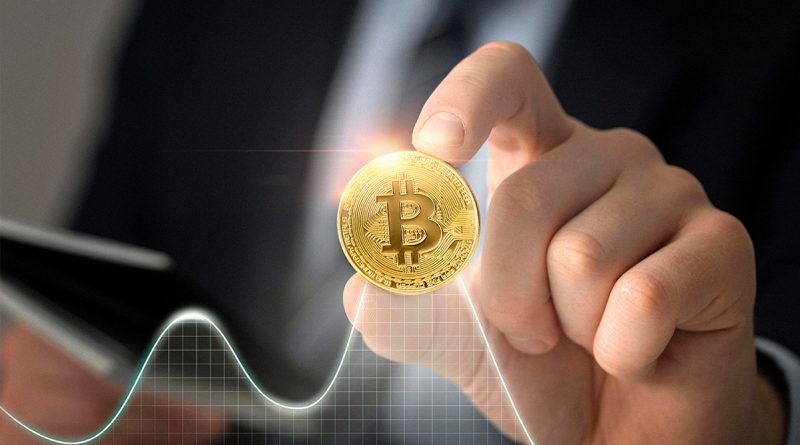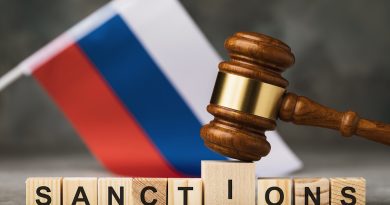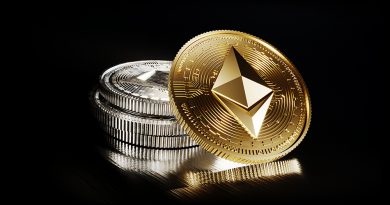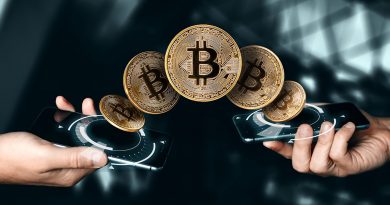Bitcoin Has Unexpected Benefits for El Salvador
El Salvador is the smallest and most populous nation in Central America. It is the only country in this region without a Caribbean shoreline. However, one of its main draws is its beaches. In fact, surfers travel great distances to ride some of Central America’s longest and best waves here. But this interesting nation is much much more than just huge surges.
Recently, El Salvador started using bitcoin as a legal tender in September. As a result, the country’s economy has benefited unexpectedly from the cryptocurrency’s ups and downs.
So, what has led to this unexpected benefit?
After nearly six months of introducing bitcoin as legal tender, the tourism industry has taken a hike in El Salvador. Recovering from epidemic lows and bringing in a bonanza for the nation, it’s a great piece of news for this nation.
The government of El Salvador was the first to make cryptocurrencies legal tender. It was a step taken in order to “achieve financial freedom for as many people as possible.”
Since the decision, the price of bitcoin has experienced volatility as is typical for cryptocurrencies. At the beginning of September, it was at about $49,000. Then, it reached a high of $69,000 in November, and now is hovering around $37,000.
El Salvador claims that their choice has paid off despite the volatility in ways unrelated to the price of bitcoin.
“The use of bitcoin was beneficial for the industry. More visitors have arrived to view how cryptocurrencies operate, according to Morena Valdes, the tourism ministry’s director. Even the government conducted a survey to determine the level of activity before and after the introduction of bitcoin. It found that in November and December, the tourism industry grew by more than 30%.”
The Economic Impact of Bitcoin in El Salvador
Now that bitcoin is prominent in El Salvador, the interest from the outside world in the country’s economy has increased. Therefore, the government has also felt compelled to launch a bitcoin trainer program for community leaders.
According to Fabrizio Mena, Undersecretary of Innovation, a technical team from Paxful is running the training program. It’s a crypto platform with headquarters in New York. Moreover, the goal of this project is to train them to be replicators in their communities. As a result, it will support them in continuing to break the digital divide.
This outreach comes after a survey by One Central American University. It revealed that most people don’t desire Bitcoin. In fact, 9 out of 10 El Salvadorans stated that they don’t know what crypto is and that they don’t have faith in it.
Nayib Bukele, the president of El Salvador, posted on Twitter earlier to highlight the nation’s projected 10.3% GDP growth in 2021. Besides, he posted the fact that exports—a key factor in economic growth—rose 13% in January.
According to WorldData Info, the nation welcomed 707,000 visitors in total in 2020, placing it 113rd in the globe overall in terms of numbers. However, El Salvador has not yet made public the full tourism statistics for 2021.
In 2020, every visitor who visited the nation spent on average $2,350. Moreover, the $1.66 billion in tourism revenue represented approximately 7% of the nation’s GDP.
Also, keep in mind that Covid caused tourism to decline in 2020.
El Salvador’s Bitcoin Strategy
The nation is a staunch supporter of bitcoin and views the digital currency’s recent setbacks as an opportunity to buy more at a discount.
Thus, El Salvador purchased 410 bitcoin on January 22. At this time, the price fell under $37,000, a level it hadn’t seen since last July.
So, President Bukele hailed the $15 million purchase as a victory for the 6.5 million-person nation.
Besides, over the past four months, El Salvador has purchased more than 1,800 bitcoin when the price fell.
But, let us tell you that while the country is expecting benefits from bitcoin adoption, there are people who think the opposite. El Salvador is still engulfed in distressed debt. Thus, instead of being worth 75 cents as it was last year, its sovereign debt is now only worth 36 cents. The nation is still looking for a loan from the IMF worth $1.3 billion.
El Salvador’s sovereign credit has deteriorated four-fold since the announcement of the switch to bitcoin. “The bitcoin folly is to blame for El Salvador now having the most distressed sovereign debt in the world,” Steve Hanke, professor of applied economics at Johns Hopkins University, told Fortune. He further adds that the markets believe Bukele is insane, and he also believes that he is.




